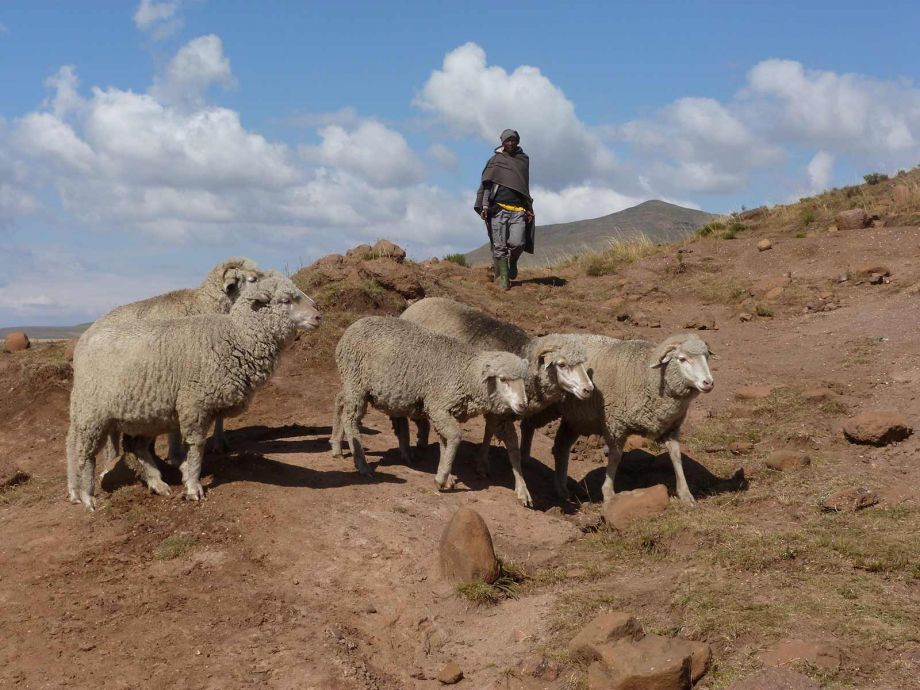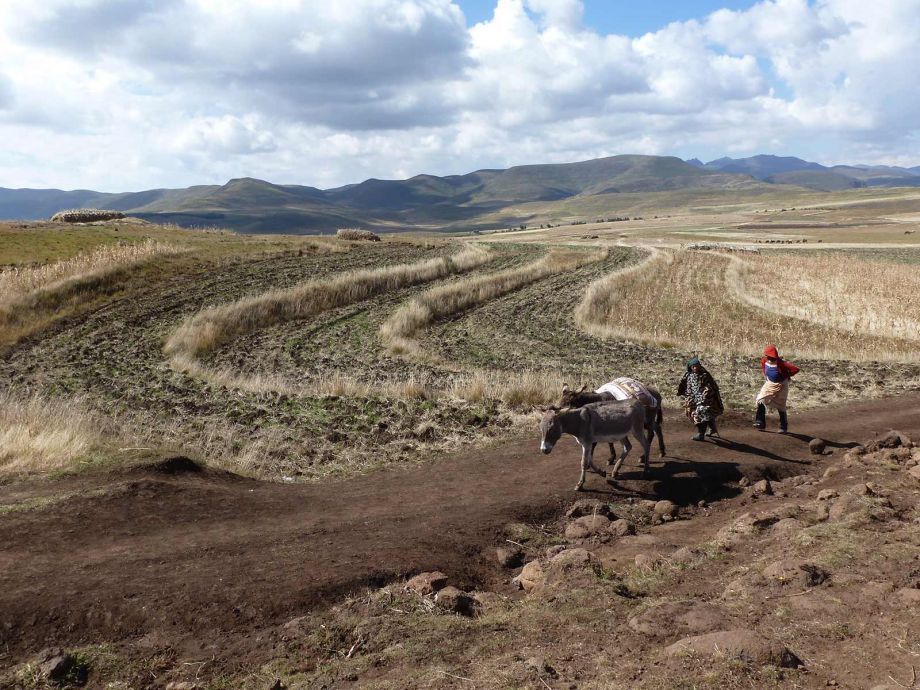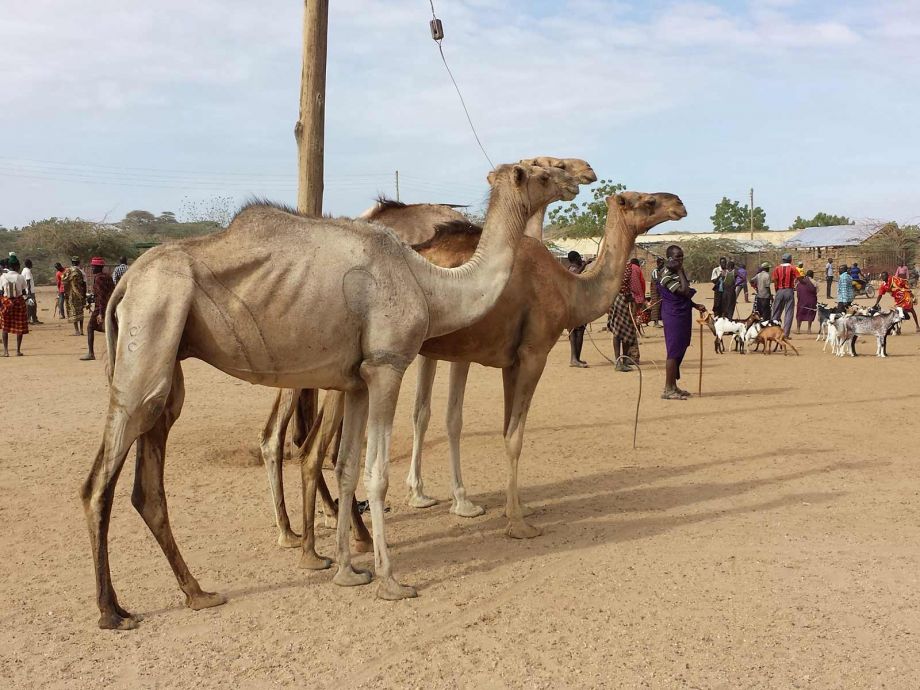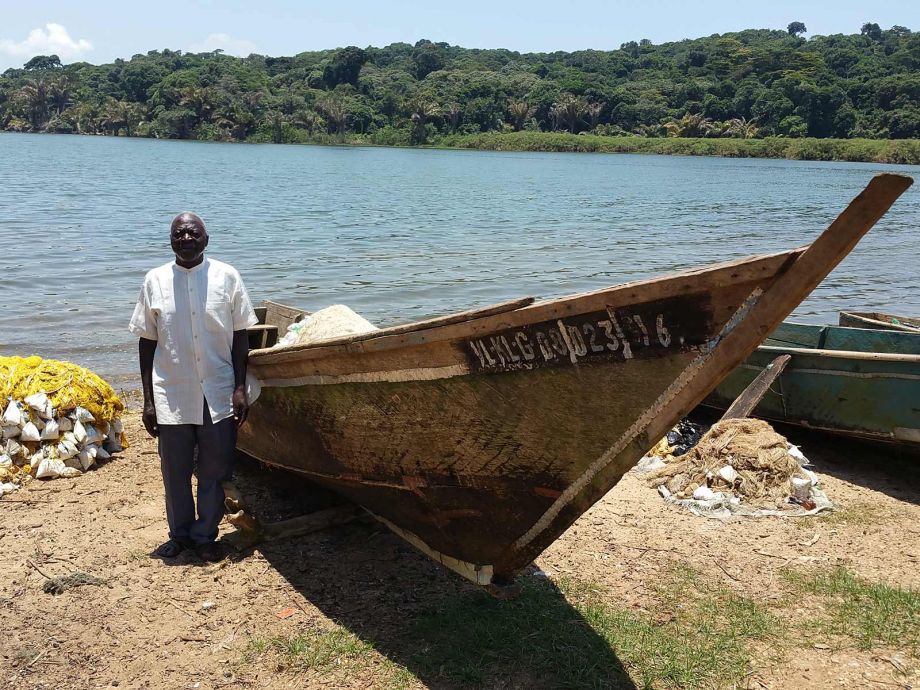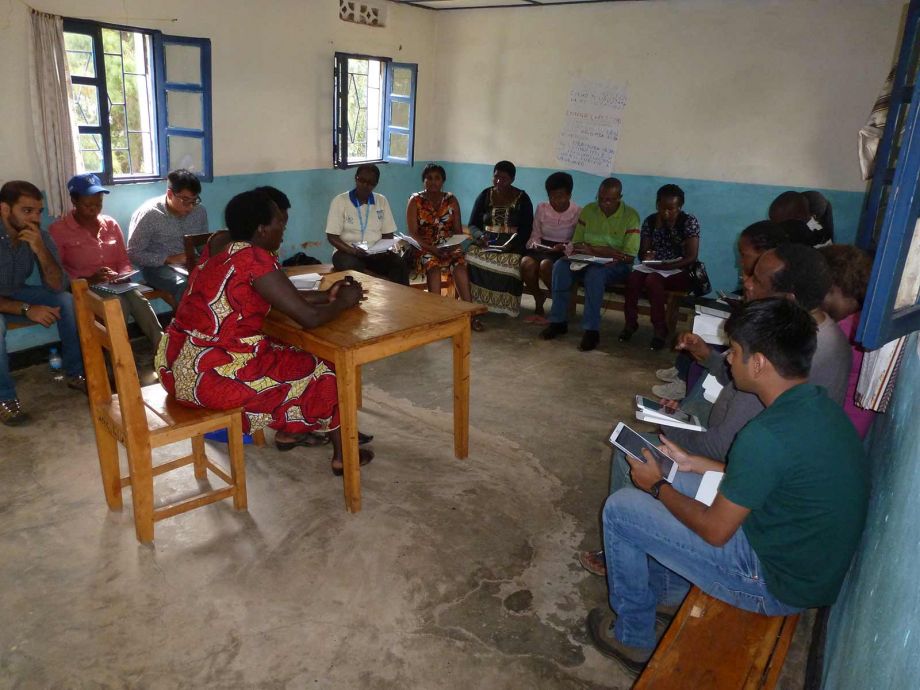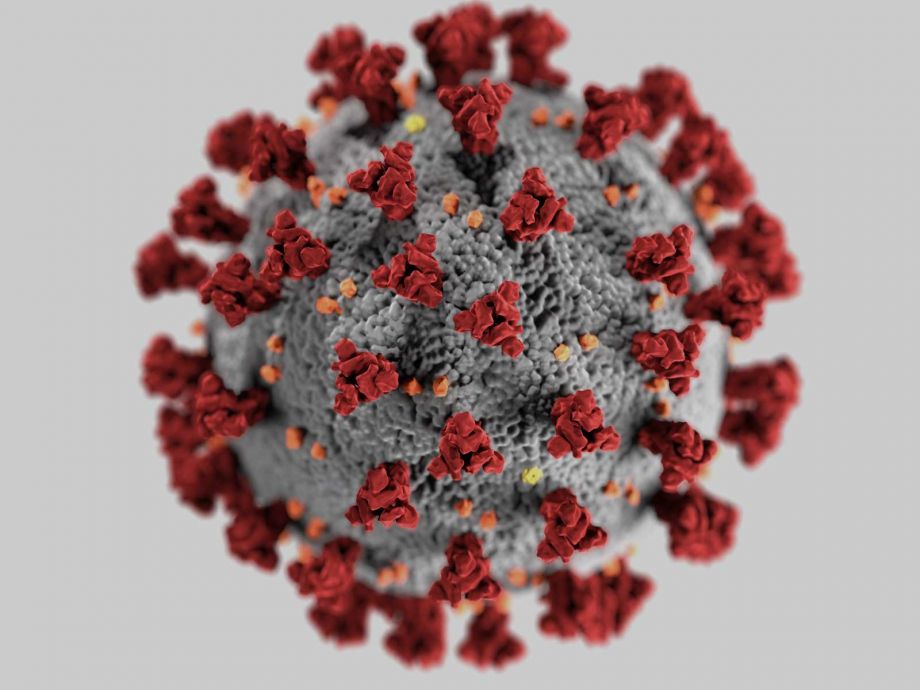Local Economy-wide Impact Evaluation (LEWIE) Model for Malawi
Area: Malawi
When: January 1, 2020 - June 31, 2021.
A Local Economy-wide Impact Evaluation (LEWIE) Model for Malawi for the impacts of rural road improvement and private-sector leveraged grants for inclusive commercial agriculture
Kagin’s Consulting LLC, together with the International Food Policy Research Institute, will develop a Local Economy-wide modeling framework covering a series of districts in Malawi and implement a series of quantitative modeling analyses of the multiplier impacts of two interventions: rural road improvement and matching grants to private-sector agriculture firms who engage smallholders in commercial value chains. This work will support the Millennium Challenge Corporation compact development process in this country.
Specifically, the proposed Local Economy-wide Impact Evaluation (LEWIE) model will be designed to understand the full impact of this potential development on local economies, including on the production activities of both target and non-target groups. The LEWIE model will be designed to include gendered disaggregation of household survey data and analyses to understand gendered benefits of road improvement and rehabilitation and associated improvements in transportation, as well as grant projects designed to inclusively diversify the agriculture sector in Malawi to high-value, commercial crops. The LEWIE model will also be designed to analyze effects of either one of the interventions being implemented alone, and of both interventions implemented simultaneously. The household models in LEWIE describe each beneficiary group’s productive activities and benefit streams. Production functions for each activity are estimated econometrically. Because the proposed project takes a “corridor” approach, targeting road segments from farm-to-market and private sector agriculture firms along said corridors, the impacts of the road and grants interventions would transcend the districts; thus, impacts on the rest of the country—or, at minimum, in the catchment area of defined corridors—would need to be modeled as well.
The LEWIE also considers nonlinearities and local price effects in the region of interest. Sensitivity analysis will be used to test the robustness of simulated parameters and impacts.
This LEWIE modeling framework will be applied to a cost-benefit analysis of transportation and agricultural sector development in rural areas in Malawi. The goals are to improve the connection to economic hubs, facilitate travel, reduce transport time and costs, de-risk firm investment in and increase agricultural productivity associated with including smallholders in commercial agriculture, and ultimately spur economic activities, including in the farm sector. The LEWIE model will be used to simulate the potential economy-wide impacts of the project under a variety of scenarios, while highlighting interconnected impacts channels and ripple effects throughout various sectors of the local economy.
